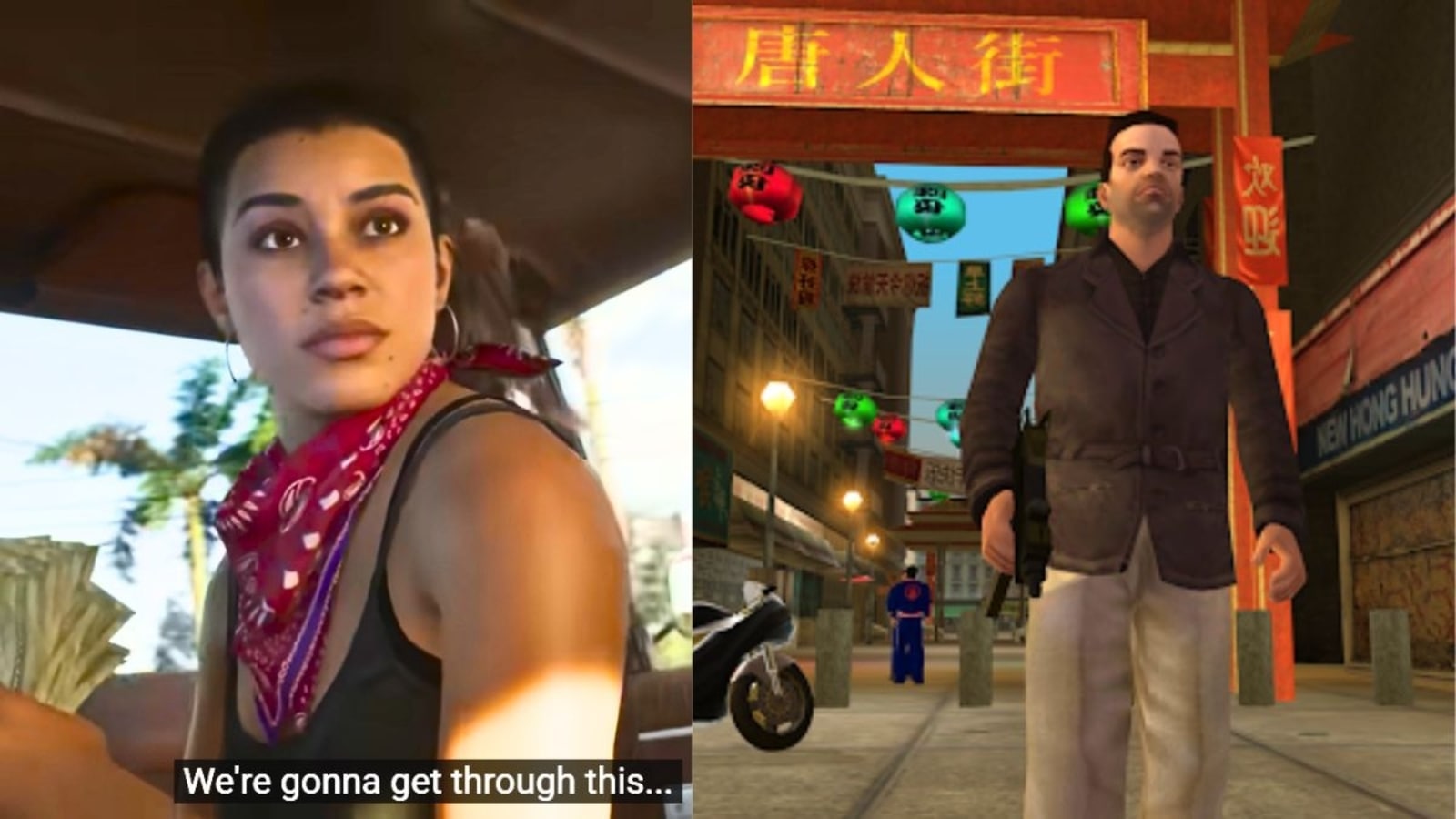A stunning entry in the litany of to-the-left-to-the-left kiss-off anthems, Flo’s “Cardboard Box” is cheeky, confident, ever so slightly righteously rude. Flo — Jorja Douglas, Renée Downer and Stella Quaresma — is a vividly talented British R&B girl group that released several strong songs last year, but this was the most striking, full of arched-brow dismissals, self-love affirmations and, in this acoustic rendition, mellifluous harmonies that communicate bliss amid collapse: “You ain’t gonna change, boy/What’s the point in stringing me a-loh-ohngggg?” JON CARAMANICA
Becky G and Karol G, ‘Mamiii’
This blockbuster 2022 hit — the inevitable collaboration between the two “real Gs,” Becky (the American granddaughter of Mexican immigrants) and Karol (from Colombia) — strives to be the ultimate kiss-off to a toxic ex. “I gave you my heart,” Becky G charges as the song begins, but she has definitely taken it back, changing her phone number and comparing the ex to a rat and a venereal disease. Over the bounce of a reggaeton beat, with sisterly harmonies, the breakup turns into a female-bonding experience: angry, amused, unforgiving. JON PARELES
Monster and Big Flock, ‘Cappin’
The most obvious retort to the recent uptick in using rap lyrics in court cases is this: Rappers — like all artists — lie. Of course they do. Rap is history and reportage and also embellishment and fancy. Placing an unreasonable truth value on a set of words perhaps based on actual experience that also happen to rhyme and have narrative coherence and are presented in an entertaining manner — that’s a fool’s game. Thus, “Cappin,” a song by the rappers Monster and Big Flock, a song made under the presumption of surveillance. Everything they rap about? Falsehoods, they insist. If you’re listening in search of evidence, look elsewhere. “Why you so serious?” Monster raps. “I can’t play?/I ain’t got no pistols, these props/I act like I be in the mix, but I’m not.” It’s a clever gimmick that serves as a reminder that what appears in a song isn’t necessarily true, and by extension, that plenty of true things never appear in any song. CARAMANICA
Fally Ipupa, ‘Formule 7’
The Congolese songwriter, singer, guitarist and producer Fally Ipupa has delved into styles new and old, releasing an album a year since 2016. He celebrates decades of Congolese rumba on “Formule 7,” his seventh album, and its eight-minute title song is more like a highlight reel, cruising through multiple eras, configurations and rhythms of Congolese music. It spotlights six-beat drumming, intertwined guitars, synthesizer and accordion obbligatos, call-and-response vocals, singing and rapping, cheerfully claiming a whole continuum of ideas. PARELES
Ela Minus and DJ Python, ‘Kiss You’
The ticks, glitches and muffled drumbeats of DJ Python’s production mirror the insistent longing Ela Minus sings about in “Kiss You.” She insists on a certain equilibrium — “I’m not holding on/I’m not letting go” — as sustained chords and twitchy electronic rhythms come and go. This is stasis as a taut balance of competing forces, all virtual, and all subject to change at any moment. PARELES
Manuel Turizo, ‘La Bachata’
One of the year’s biggest bachata songs came not from the long-running genre kingpin Romeo Santos but instead from the Colombian singer Manuel Turizo. “La Bachata” is both folksy and ambitiously modern — Turizo has a relatively thin voice, but the lushness of the modern production bolsters him. Santos can sometimes sing with a coyness that feels impossibly dreamy, but Turizo, less bound by tradition, pushes hard into the beat, a restless interloper. CARAMANICA
Mabe Fratti, ‘Cada Músculo’
Mabe Fratti, from Guatemala, brings maximal emotion to the Minimalist structures she builds from her vocals and the gutsy riffs she plays on cello. “Every muscle has a voice,” she insists in “Cada Músculo” (“Every Muscle”), as she layers her cello and electronics into her own orchestra. The tension — muscular and psychological — only grows. PARELES























